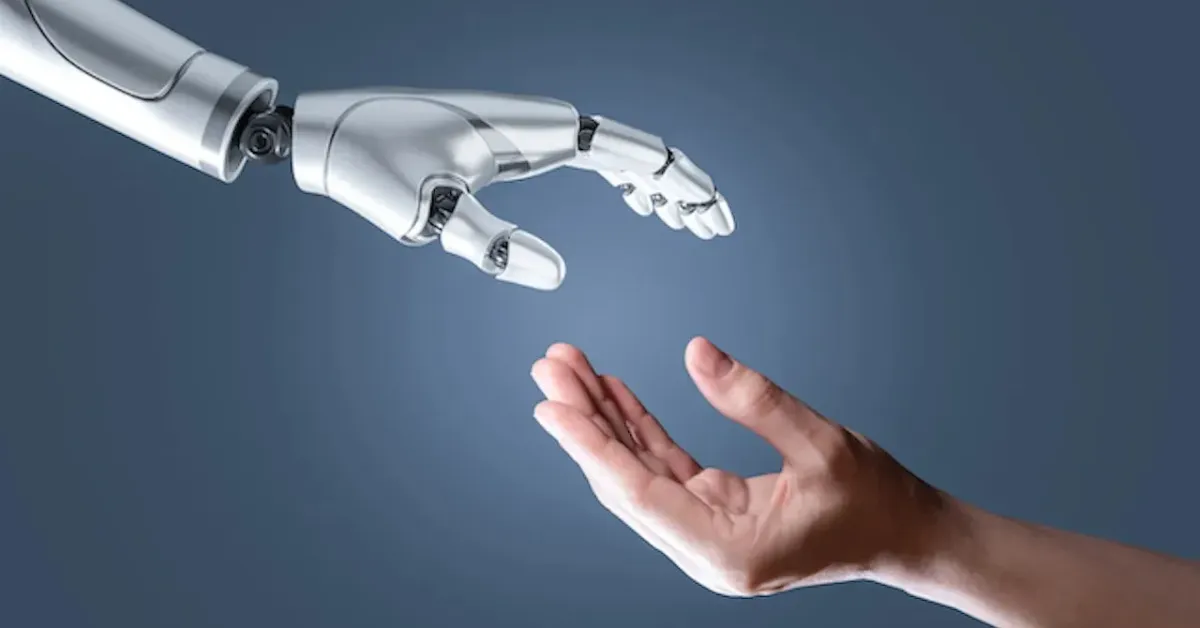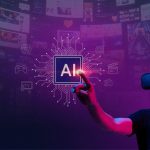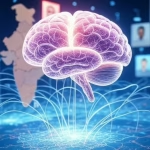Introduction
The rise of artificial intelligence has become the defining force of the 21st century, influencing not just technology but also culture and international politics. From global leaders to Hollywood stars, everyone is engaging with AI as it transforms the way societies operate and communicate. This technological revolution is not only changing industries but also redefining what it means to have power in a connected world.
As AI continues to merge with media and governance, it creates a complex web of influence that transcends borders. Nations compete for digital supremacy, corporations push the limits of innovation, and celebrities amplify awareness about technology’s potential and risks. Together, these forces are building the foundation of a new global order.
Artificial Intelligence and the Political Arena
AI has entered the political domain with remarkable speed, becoming a strategic asset for governments worldwide. Nations are using it to improve data analysis, manage public resources, and enhance cybersecurity, giving rise to what some experts call the “algorithmic state.” Political leaders now depend on machine learning models to predict social trends and shape public policies with unprecedented accuracy.
However, this technological reliance also raises questions of ethics and privacy. As algorithms influence elections, border security, and surveillance, citizens are increasingly concerned about how their data is used. The debate over transparency and accountability has become a central issue in political discussions about digital governance.
Celebrities and the Tech Revolution
Celebrities are no longer confined to red carpets and film premieres—they are now key figures in global technological debates. Many have become advocates for AI ethics, renewable energy, and digital literacy, recognizing the need for responsible innovation. Figures like Elon Musk and Emma Watson use their platforms to spark awareness about AI’s implications on both the environment and human rights.
This growing activism blurs the line between entertainment and education. When stars promote sustainable technology or AI awareness, they reach audiences that governments often cannot. Their influence can drive public opinion, making them valuable allies in shaping the future of global technology policy.
The Global Race for Technological Supremacy
Competition for AI dominance has become a defining feature of international relations. The United States, China, and the European Union are investing billions to gain control over machine learning, robotics, and digital infrastructure. This race is not only economic—it’s ideological, shaping how societies define freedom, security, and progress in the digital era.
For smaller nations, the challenge lies in balancing innovation with inclusivity. Many developing countries fear being left behind, unable to compete with the world’s technological superpowers. International cooperation and fair access to AI tools are essential to ensure that digital growth benefits all.
Cultural Power in the Age of Algorithms
Algorithms now shape public perception, deciding which stories, artists, and trends gain global attention. Streaming platforms, social media feeds, and search engines have become cultural gatekeepers, amplifying some voices while silencing others. This digital ecosystem gives both celebrities and politicians unprecedented power to influence opinion—but it also makes them vulnerable to manipulation and misinformation.
The rise of AI-generated content has complicated the notion of authenticity. Deepfakes and synthetic media challenge audiences to question what is real, pushing society to rethink trust in an age where truth can be digitally manufactured.
Technology as a Tool for Change
Despite its risks, AI offers immense potential for positive transformation. Environmental technology powered by AI helps predict natural disasters, optimize energy use, and protect endangered ecosystems. In the global south, AI is revolutionizing agriculture, healthcare, and education, offering scalable solutions to long-standing challenges.
Celebrities, NGOs, and governments increasingly collaborate to harness these tools for social good. By combining technological innovation with public advocacy, they are proving that progress can be both sustainable and inclusive when guided by shared responsibility.
FAQs
How is AI influencing modern politics?
AI assists leaders in decision-making through data analysis, forecasting, and security management, though it also raises privacy concerns.
Why are celebrities involved in AI and sustainability causes?
Their massive platforms allow them to reach global audiences and inspire social awareness about technology’s impact on society.
Which countries lead in artificial intelligence development?
The United States, China, and members of the European Union are the major global players in AI innovation and investment.
What dangers come with AI’s cultural dominance?
Manipulation, misinformation, and the spread of deepfake media threaten truth and transparency in digital communication.
Can AI promote global equality?
Yes, when used ethically, AI can bridge gaps in healthcare, education, and environmental sustainability across developing nations.
Conclusion
The fusion of artificial intelligence, celebrity influence, and political power has reshaped global dynamics in ways humanity has never seen before. Technology has become both a weapon and a bridge, capable of uniting or dividing societies depending on how it is used.
As the world navigates this digital transformation, the balance between innovation and ethics will define our collective future. True progress will come not from dominance but from collaboration—between nations, industries, and individuals—toward a more transparent and equitable technological age.









